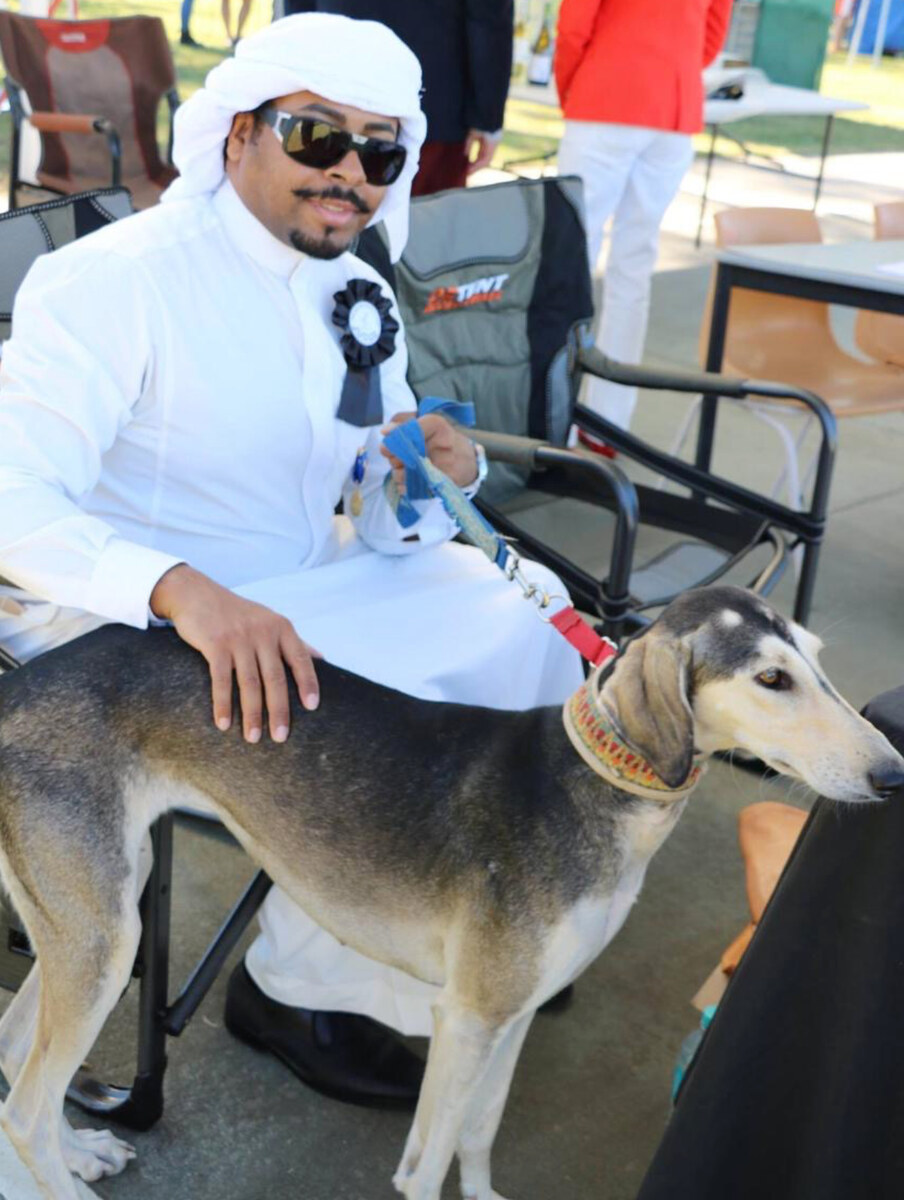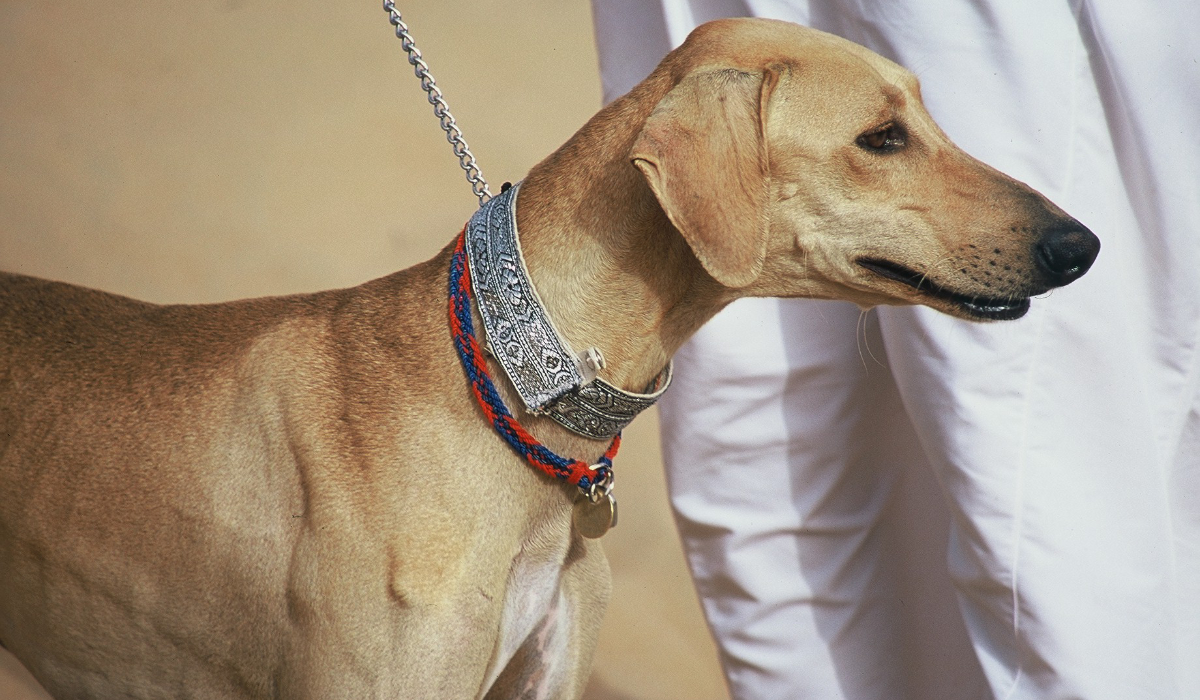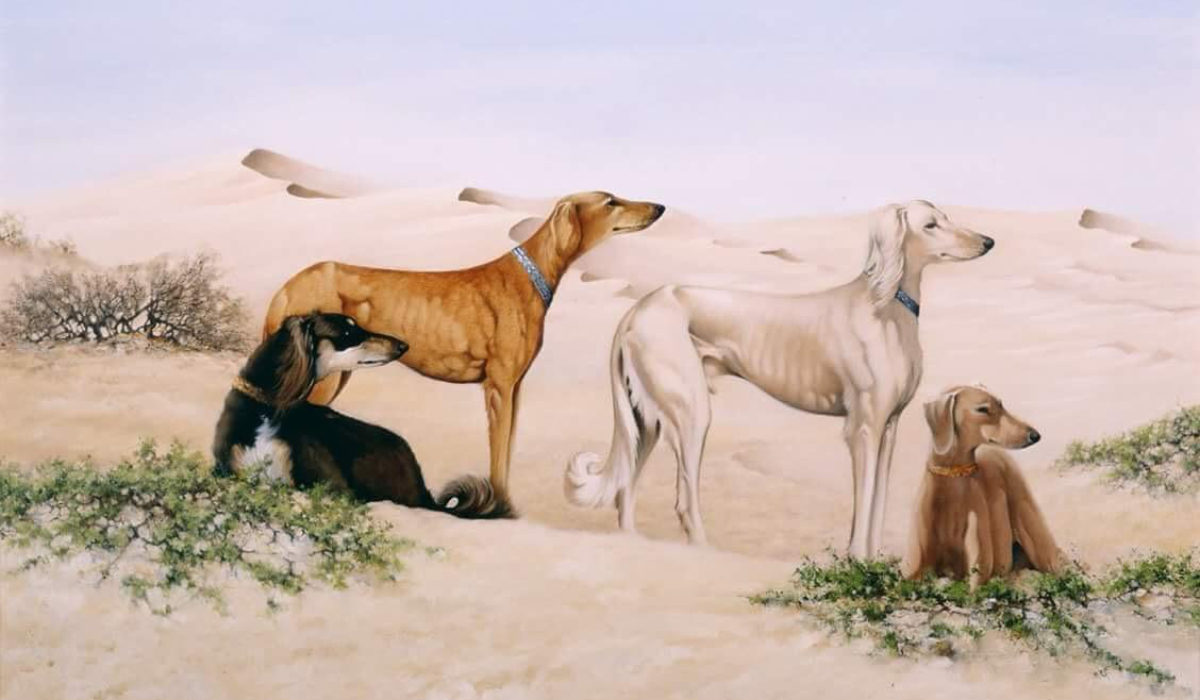RIYADH: As Saudi Arabia opens its doors and hearts to the world, shifts in tradition are underway. What once might have been taboo is now accepted by society.
Cases of Saudi women who have married foreigners are not as rare as they once were in the Kingdom.
One such case is Dr. Wafa Eid, a university lecturer who, for the past two years, has been married to Dr. Shota Mizutani, also an academic.
“Some Saudis find it hard to believe that a Saudi woman got married to a Japanese,” Eid told Arab News.
“Some of them are happy to see us and started accepting the fact that this is becoming the norm, and that Saudi Arabia is open to cultures more than before. In Japan I have never faced any problems as many Japanese are married to foreigners.”
Mizutani said: “We get stared at a lot when we go out in public together.
“We even once were asked by a mall security guard about our relationship. We understand that our case is rare here, so we try to take it as a positive thing.
“In Japan, people are surprised to know that I am married to a Saudi woman, but international marriages are common in Japan, so we have never faced any problems there.”

Mizutani proposed to Eid through her favorite manga artist. (Supplied)
Love of different cultures is what brought Eid and Mizutani together.
Eid and her family were drawn to events hosted by the Japanese embassy where they could make new friends. “It was a nice chance to become friends with Japanese people,” she said, referring to the gatherings.
“I met (my husband) for the first time in 2009 at one such an event in the Japanese embassy.”
Eid had always wanted to study abroad and experience being independent, and she was “interested in foreign languages and cultures.” Her parents, too, were open to the idea of having foreign friends as a chance to experience different cultures.
“So, at that time my family and I often invited our Japanese friends to our house and introduced them to Saudi food and explain some of the cultural aspects of our society,” she said.
“We even took them around Riyadh. That is how my husband became a family friend.”
In 2010 she applied for the Japanese government scholarship and was accepted to study a master’s degree starting in April 2011.
“I decided to go even though everyone around me was worried because of the Tohoku earthquake and tsunami,” she told Arab News.
However, her large network of friends, including her would-be husband, helped her to start a life in Japan and find an apartment.
Because her husband had lived in Saudi Arabia before, he was accustomed to the cultures and traditions. “My husband has lived abroad for more than 10 years (including Saudi Arabia) and has been a Muslim since 2011,” she said. “He is open to new cultures and understands Islamic culture.
“The fact that my husband used to live in Saudi Arabia helped him to understand Saudi customs and culture. Therefore, when it came to marriage, he knew that he had to ask for my parents’ permission before proposing, so he scheduled a Skype call with them and asked them for my hand in marriage.
“They also agreed on keeping it a secret from me. He surprised me by proposing to me in Japan. He gave me a manga (caricature) drawing of both of us and my lovely cat by my favorite manga artist in which he is asking for me to say yes.”
Eid was surprised when he proposed. Her initial reaction was: “Well, you need to ask for my parents’ permission first!” Which was something he had already done.
“I was really shocked when he told me that he had already got their permission and their approval, and they all had kept it as a secret from me,” she said.
“I was really happy. My family and I had known him for a long time. He had always been this really kind, sweet person.”
There were two weddings, one in Japan and one in Saudi Arabia, she said. “We were happy to see both families and friends getting together for us.”
Having lived in each other’s countries, they realized that there were cultural differences. “However, we don’t find them a problem because both of us understand each other’s culture as I have lived in Japan for six years and my husband has lived here (Saudi Arabia) for six years,” Eid said.
Eid knows two other Saudi women who are happily married and living in Japan with their spouses. This in addition to the Saudi men she knows who are married to Japanese women.
Eid has some advice for Saudi women who are going to marry a non-Saudi man. “Get to know both families; it helps in understanding each other’s background and vice versa,” she said.
“Don’t worry too much about what other people think. There are always people who are against international marriage everywhere in the world.”


































